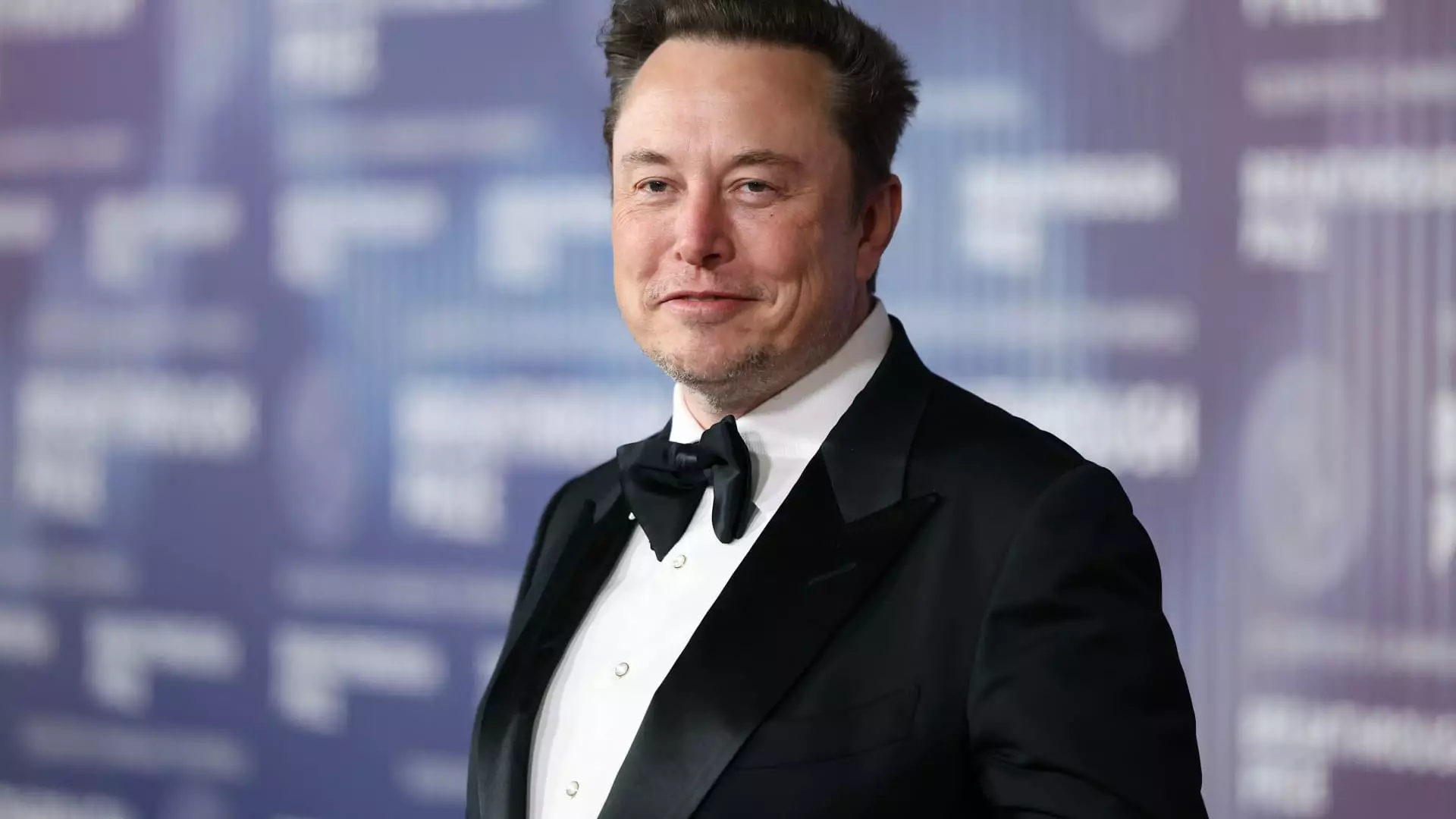On a recent Saturday, Elon Musk leveraged his platform on X to share his endorsement for the role of Treasury Secretary, a key cabinet position that President-elect Donald Trump has yet to fill. Musk advocated for Howard Lutnick, a prominent figure in the finance sector and a co-chair of the Trump-Vance transition team. His public endorsement places Lutnick in contention for a role that is critical to the economic direction of the incoming administration.
Musk’s endorsement is noteworthy, given his status as the CEO of two influential companies, Tesla and SpaceX. He views Lutnick as a candidate who can bring about genuine transformation within the Treasury Department—something Musk implies is desperately needed. “Actually enact change,” Musk stated, suggesting an urgency for innovative fiscal strategies over conventional approaches. In contrast, Musk expressed skepticism about another leading candidate, Scott Bessent, characterizing his potential appointment as a “business-as-usual choice,” which he claims could perpetuate the fiscal stagnation that he believes is contributing to America’s economic woes. This distinction sets the stage for a broader debate about the need for new voices in government positions traditionally filled by established insiders.
Musk’s commentary opens up a vital conversation about the qualifications and perspectives necessary for leadership in economic policy-making. His call for feedback demonstrates not only a desire for collaborative governance but also an underlying challenge to both Lutnick and Bessent. In an era where many Americans feel disillusioned by the political status quo, Musk’s critique of “business-as-usual” invites stakeholders to rethink the criteria for selecting candidates who will occupy critical economic roles within the government.
Reinforcing this dynamic is the response from Trump’s transition spokesperson, Karoline Leavitt, who clarified that no decision has been finalized regarding the Treasury Secretary position. This statement suggests that while endorsements are influential, they do not guarantee outcomes. The complexity of Trump’s internal decision-making process further adds layers to the political landscape Musk is engaging with. Despite Lutnick’s longstanding relationship with Trump and his active involvement in candidate vetting, there remains a vacuum of certainty around the appointment.
Both Lutnick and Bessent bring personal connections to Trump that could weigh heavily in the selection process. Lutnick’s history with Trump includes hosting fundraisers, which illustrates the intertwining of finance and politics. Meanwhile, Bessent’s position as an economic advisor during Trump’s 2024 campaign positions him as a trusted influence. It calls into question how closely personal relationships will dictate the direction of policy and governance, overshadowing the often-claimed meritocracy in political appointments.
As discussions continue around the future of the Treasury Department under a Trump administration, Musk’s endorsement underscores a palpable tension between innovation and tradition. His plea for a shift away from conventional choices sets a crucial expectation for economic leadership. Ultimately, the outcome of this endorsement process may signal the broader trajectory of U.S. economic policy, emphasizing the critical importance of visionary leadership in a time of uncertainty. As citizens await the final decision, the discourse initiated by Musk invites deeper scrutiny of who will fill the role and the change they are poised to deliver.

